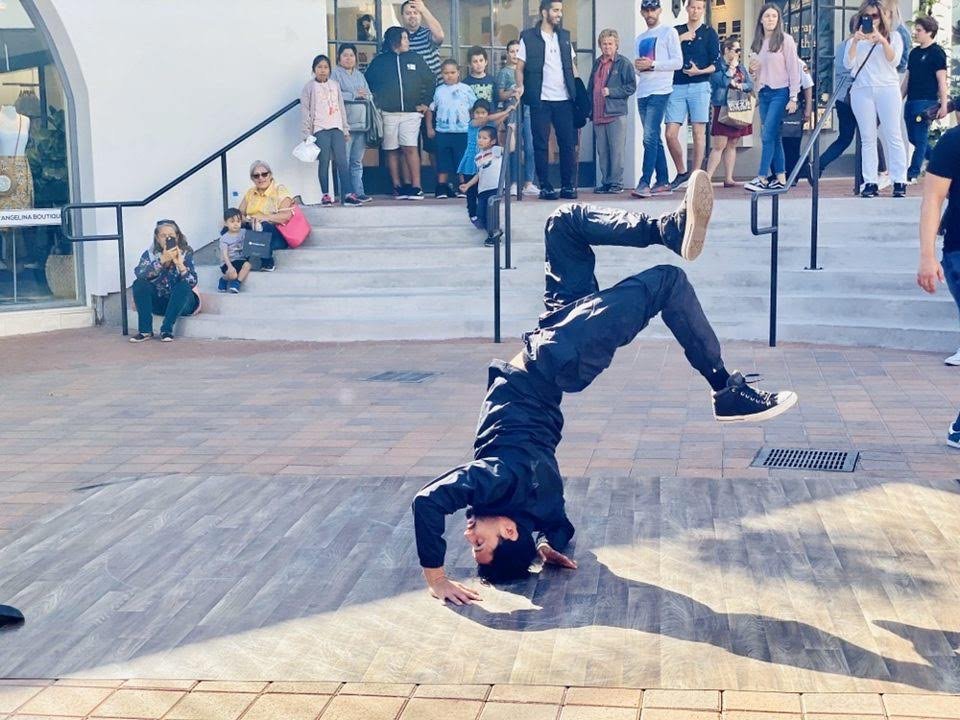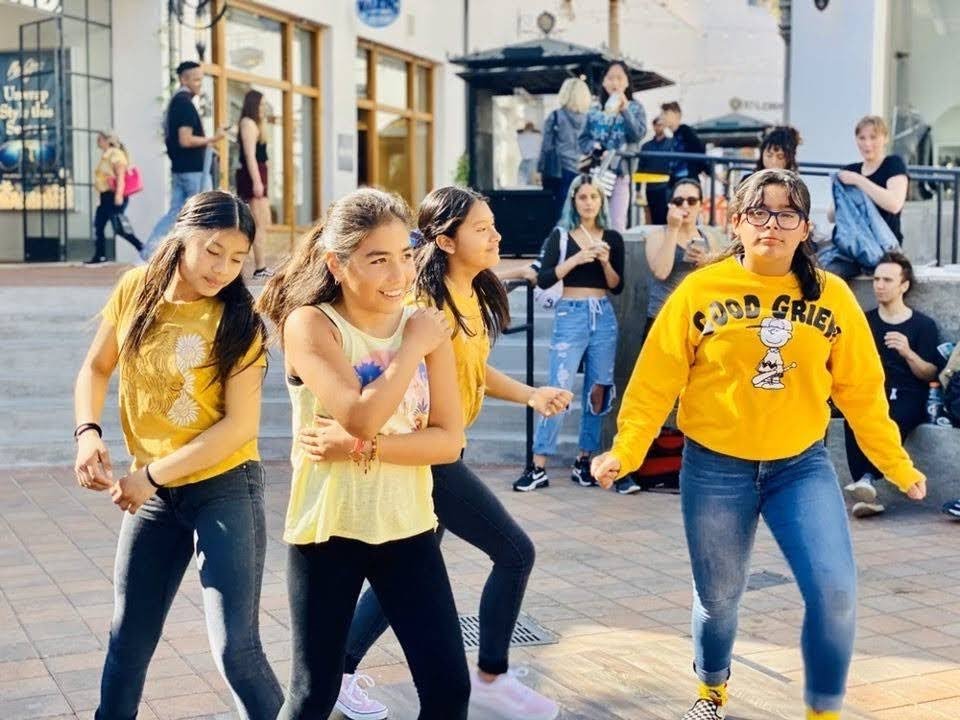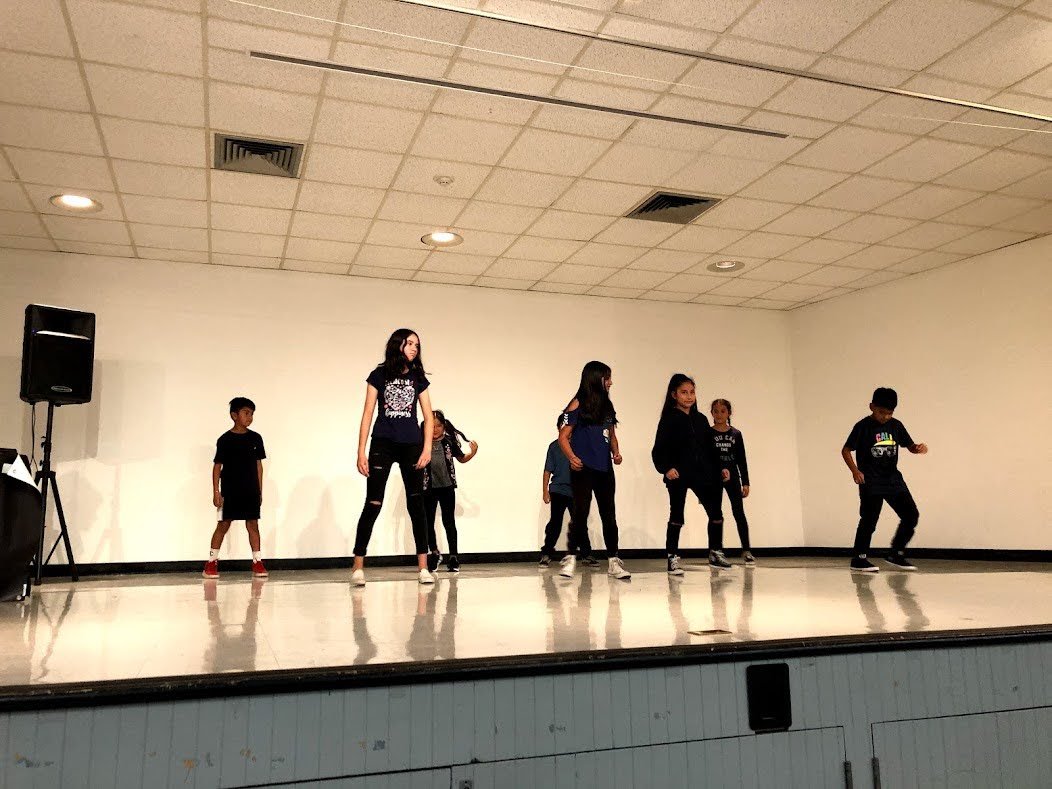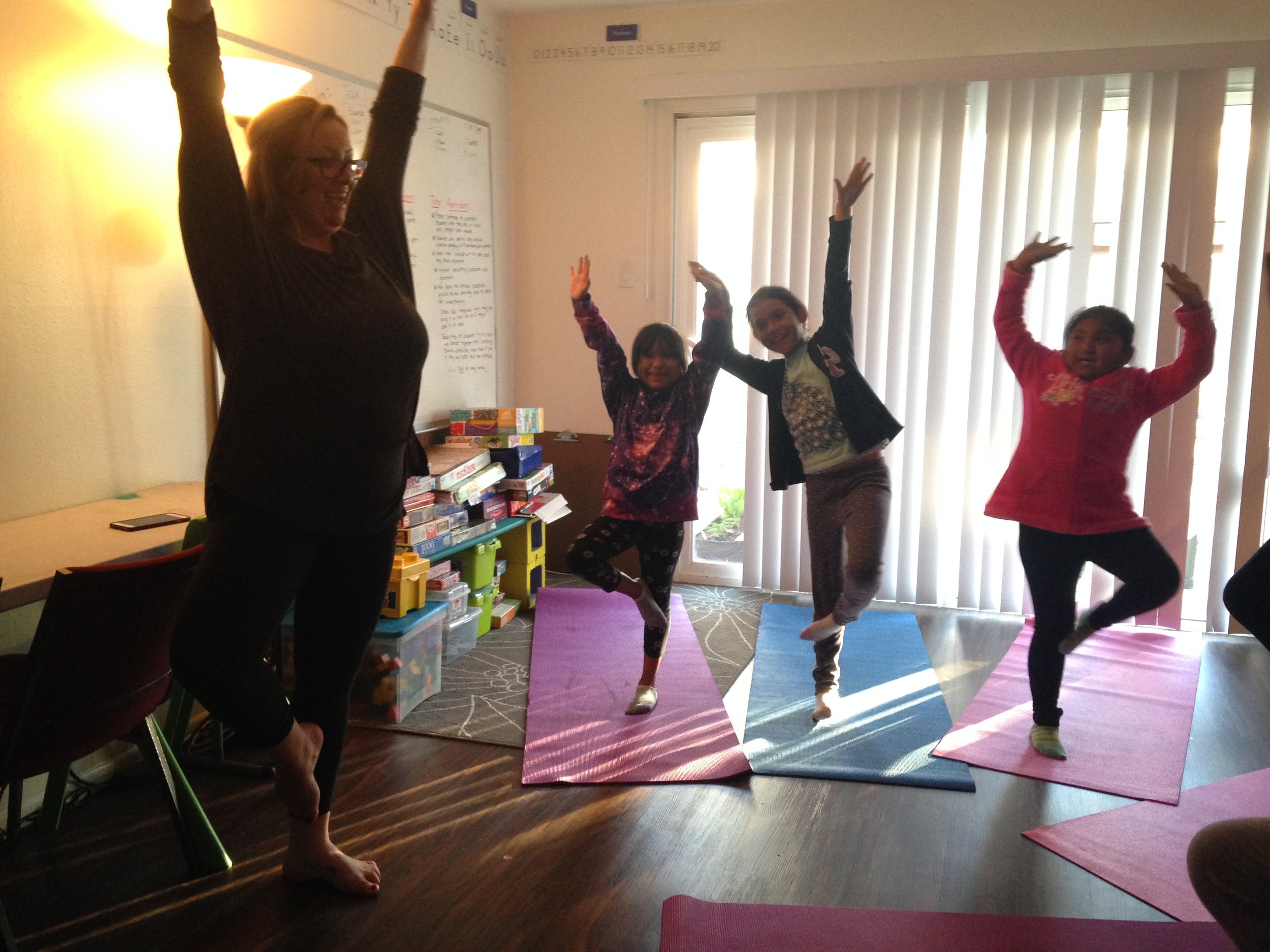Just Dance-It'll Make You Feel Better!





Physical exercise is unquestionably beneficial to your health, but for some parents, it can be difficult to convince their children that it is worth their time and energy–if a child feels that P.E. activities are being forced upon them or are simply too boring to be worth their while, it can be really difficult to encourage them to participate. Dance is an amazing option to encourage children (and adults!) to engage, move, and strengthen their bodies in a fun and exciting way!
Dance programs as extracurricular activities have countless benefits for physical health and wellbeing, but they also contribute largely to mental, emotional, and social wellbeing as well! Some of the physical health contributions of dance include improved bodily coordination, improved strength, endurance, and cardiovascular health, and improved mind-body connection. This means that individuals who consistently practice dance as their P.E. activity of choice will have an improved awareness and control over their own body and how it moves and functions in response to thoughts and ideas. It is also an amazing exercise for cardiovascular health, but is often far more exciting and enjoyable to kids than simpler activities like running or jumping jacks.
In terms of mental and emotional growth and health, dance instills and cultivates mental acuity, agility, and toughness through a number of methods. Dance often requires participants to learn choreography, which is a sequence of steps or movements strung together set to music. This improves both memory and musicality because dancers have to be very aware of their remembered movements and how they correspond to music in terms of rhythm and pace or timing. Dance is also incredible for emotional health! As human beings, we all experience emotions that vary in intensity, duration, presence, etc., but we don’t always possess the words to express them. Movement, particularly when set to music, allows for healthy and free expression of those emotions that are too complicated and deeply felt to express with language. Physical exercise is also known to help reduce feelings of stress and anxiety, both of which have only been increasing in their influence in culture as a whole as well as individuals.
Additionally, dance is incredibly suited for establishing social connections and building relationships. Much like sports, there is an element of camaraderie that naturally comes with pursuing a goal of excellence within a team context. It teaches children to respect themselves and others, to recognize and appreciate unique giftings and talents, and to work together as a unit. When performing a dance as a group, everyone has to rely on each other to be exactly in their spot at the correct spot in order to keep transitions seamless and maintain unity. This instills in each individual the ability to take responsibility for themselves and their actions because they can effectively see the consequences of those actions on others and in the group as a whole. As students become more self-aware and understand their unique place in the team, that makes way for them to establish and cultivate relational connections and social-emotional skills!
At the Turner Foundation, we recognize and support all of these benefits of dance! In fact, we are very excited to be able to offer a dance program once a week at our Community Learning Centers (CLCs) in our local low-income housing communities with our partner and dance teacher, Bethany Sutherland! Bethany visits our CLCs every Monday afternoon to give our elementary students Hip Hop lessons. The joy is evident in the faces of those children who get to participate, and it has been truly incredible to watch them progress in their abilities, both in terms of learning the new dance steps, but also in the social, mental, emotional, and physical ways that dance influences.
